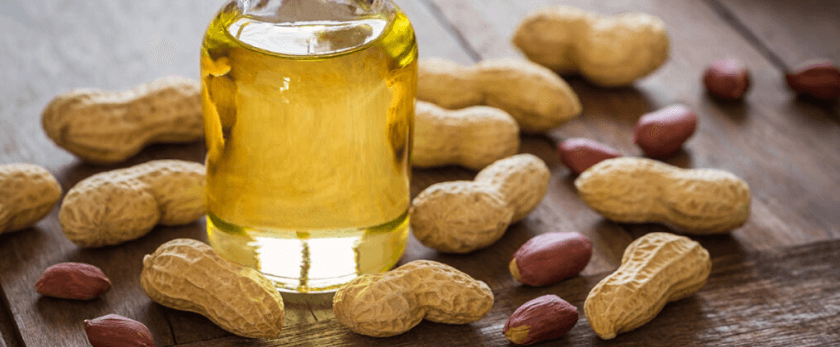In our quest for a greener, more sustainable lifestyle, responsible disposal of everyday items like peanut cooking oil is vital. Whether you're a homeowner, a parent, a student, a business owner, or simply someone who cares about the environment, knowing how to dispose of peanut cooking oil responsibly is a step toward a cleaner planet. In this article, we'll explore eco-friendly methods to handle peanut oil, ensuring it doesn't harm the environment.
Is it OK to pour peanut oil down the drain?
No, it's not recommended. Pouring peanut oil down the drain is not eco-friendly and can lead to several issues:
-
Clogs and Blockages: Over time, oil can congeal and clog your pipes, causing blockages that are expensive to repair.
-
Environmental Impact: Oil that goes down the drain can contaminate water sources and harm aquatic life.
-
Legal Consequences: In many areas, pouring cooking oil down the drain violates environmental regulations and can result in fines.

What to do with peanut oil after frying?
After frying with peanut oil, follow these steps to dispose of it in an eco-friendly way:
1. Cool and Strain
- Allow the used peanut oil to cool completely. Once cooled, strain it through a fine mesh strainer or cheesecloth to remove any food particles.
2. Store for Reuse
- If the peanut oil is still in good condition and hasn't been overheated, consider storing it in a clean, airtight container for future use. Label the container to avoid confusion.
3. Recycle
- Some recycling centers accept used cooking oil. Check with your local recycling program or waste disposal facility to see if they have a collection program for cooking oils.
4. Solidify and Dispose
- If you can't recycle the oil, solidify it by mixing it with an absorbent material like cat litter or sawdust. Once solidified, place it in a sealed container and dispose of it in your regular trash.
Do you throw away oil after frying?
While throwing away used cooking oil is an option, it's not the most eco-friendly one. Here's why:
-
Environmental Impact: Discarded cooking oil in landfills can potentially leach into the soil, causing contamination and harm to the environment.
-
Wasted Resource: Cooking oil can be reused several times if properly filtered and stored, reducing waste and saving money.
-
Alternative Disposal Methods: Recycling or solidifying and disposing in the trash are more environmentally responsible options.
In Conclusion
Responsible disposal of peanut cooking oil is not only good for the environment but also for your wallet. By following these eco-friendly disposal methods, you can contribute to a greener planet and a more sustainable future.
Remember, every small action counts on our journey to a more eco-friendly lifestyle. Let's make conscious choices in handling everyday items like peanut cooking oil to ensure a cleaner and healthier world for generations to come.










